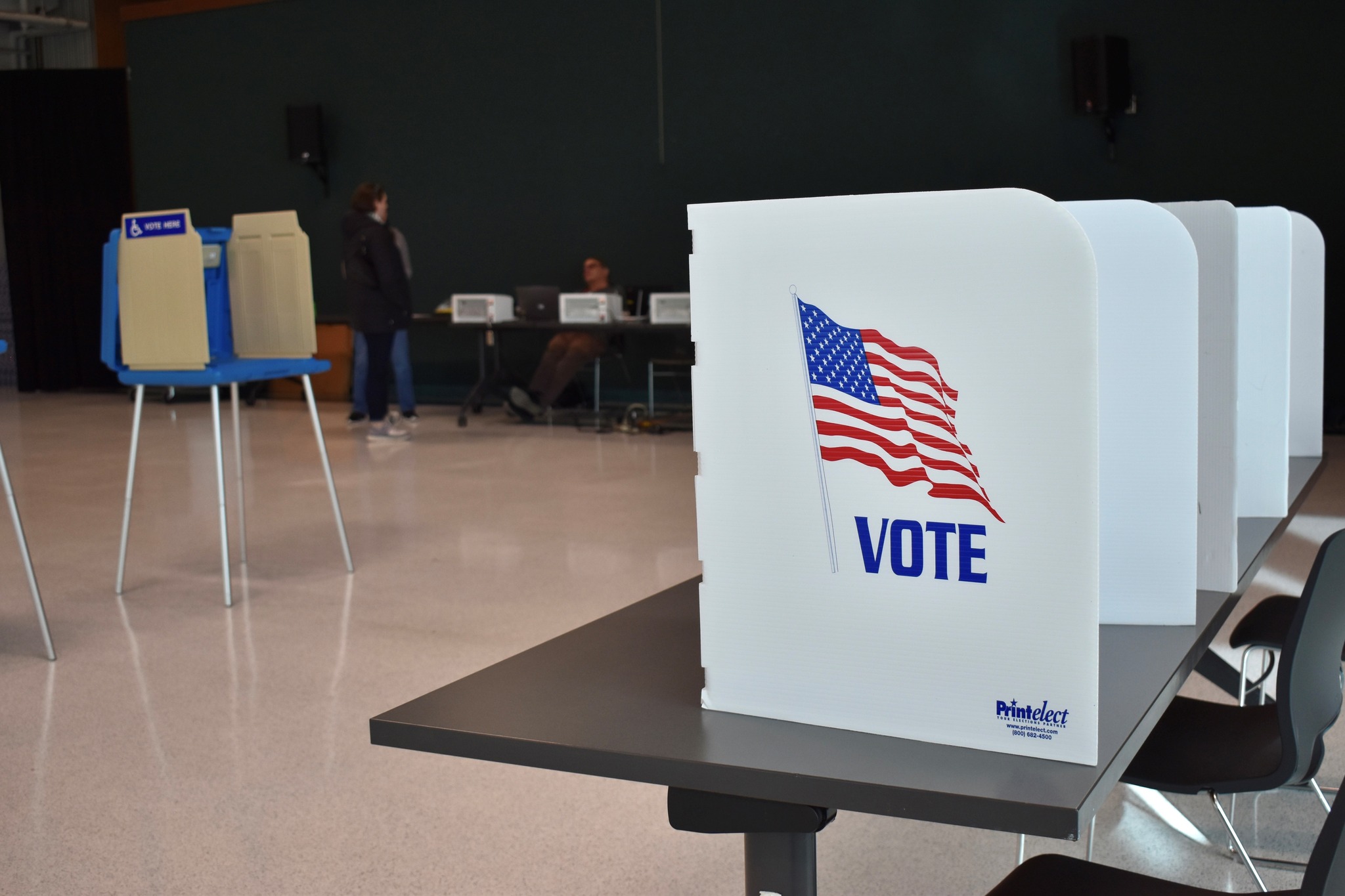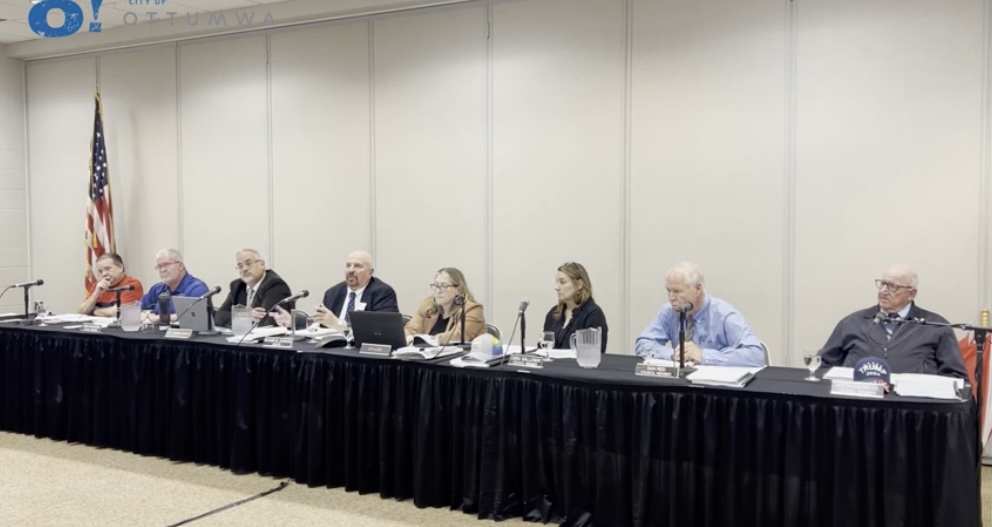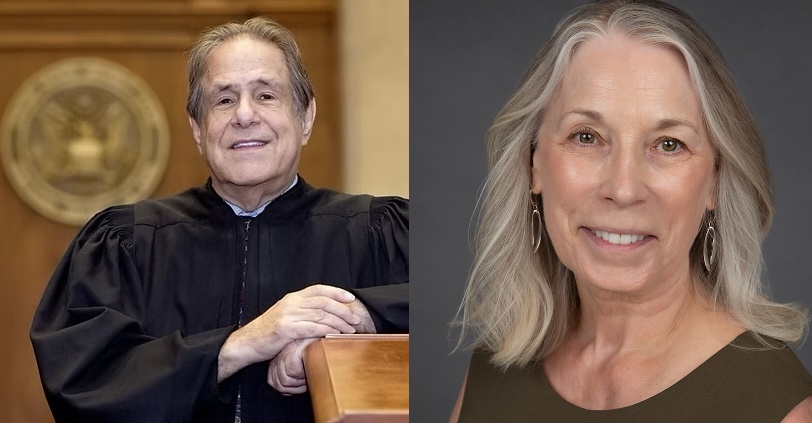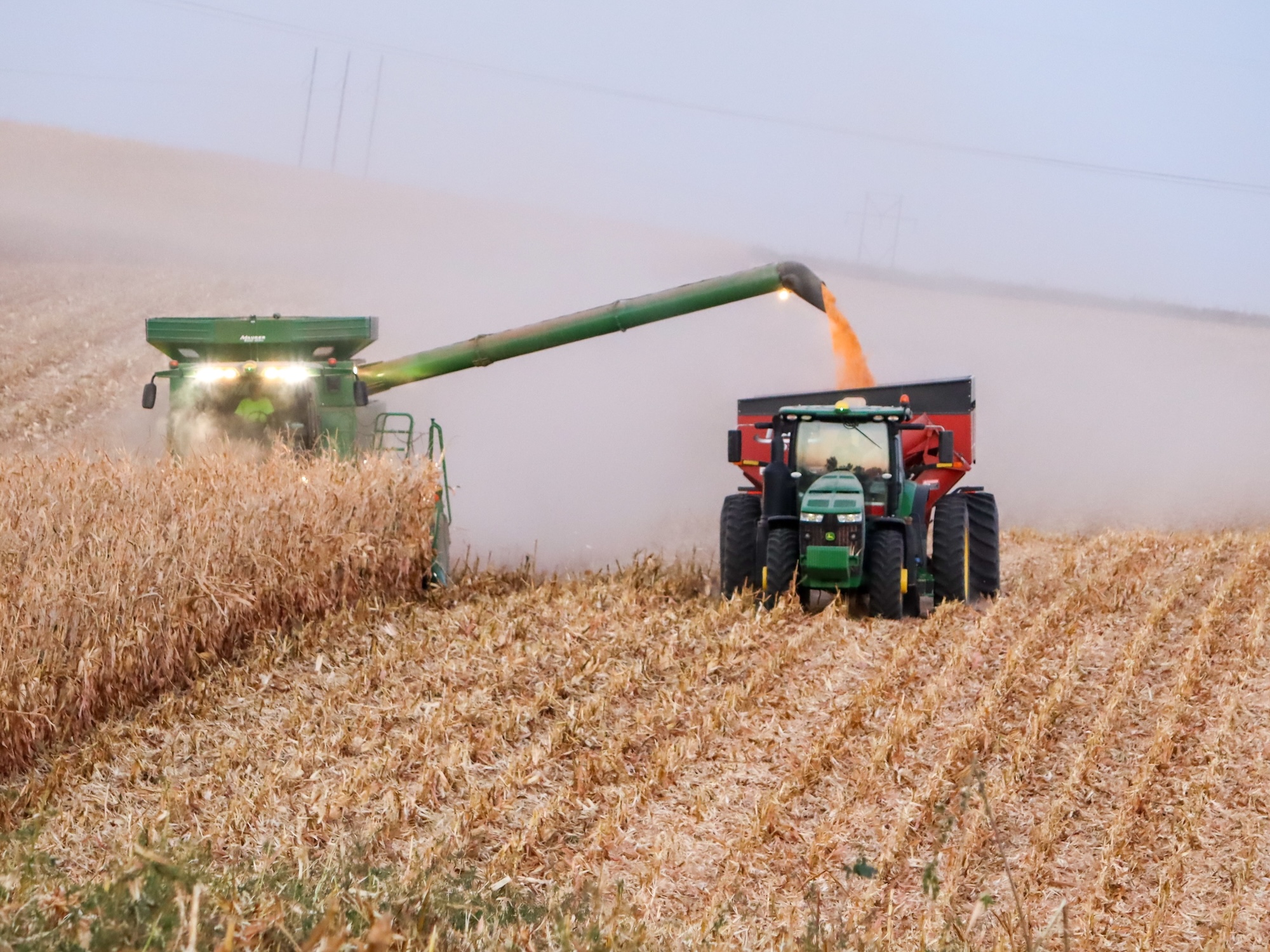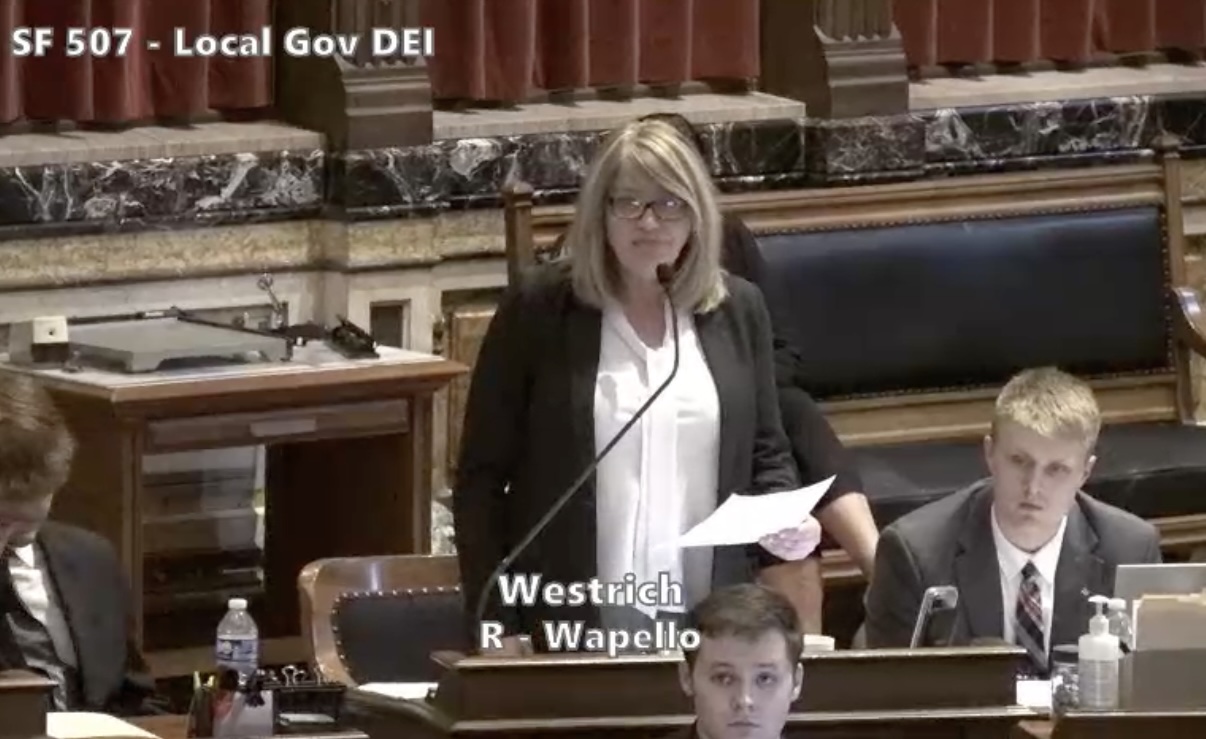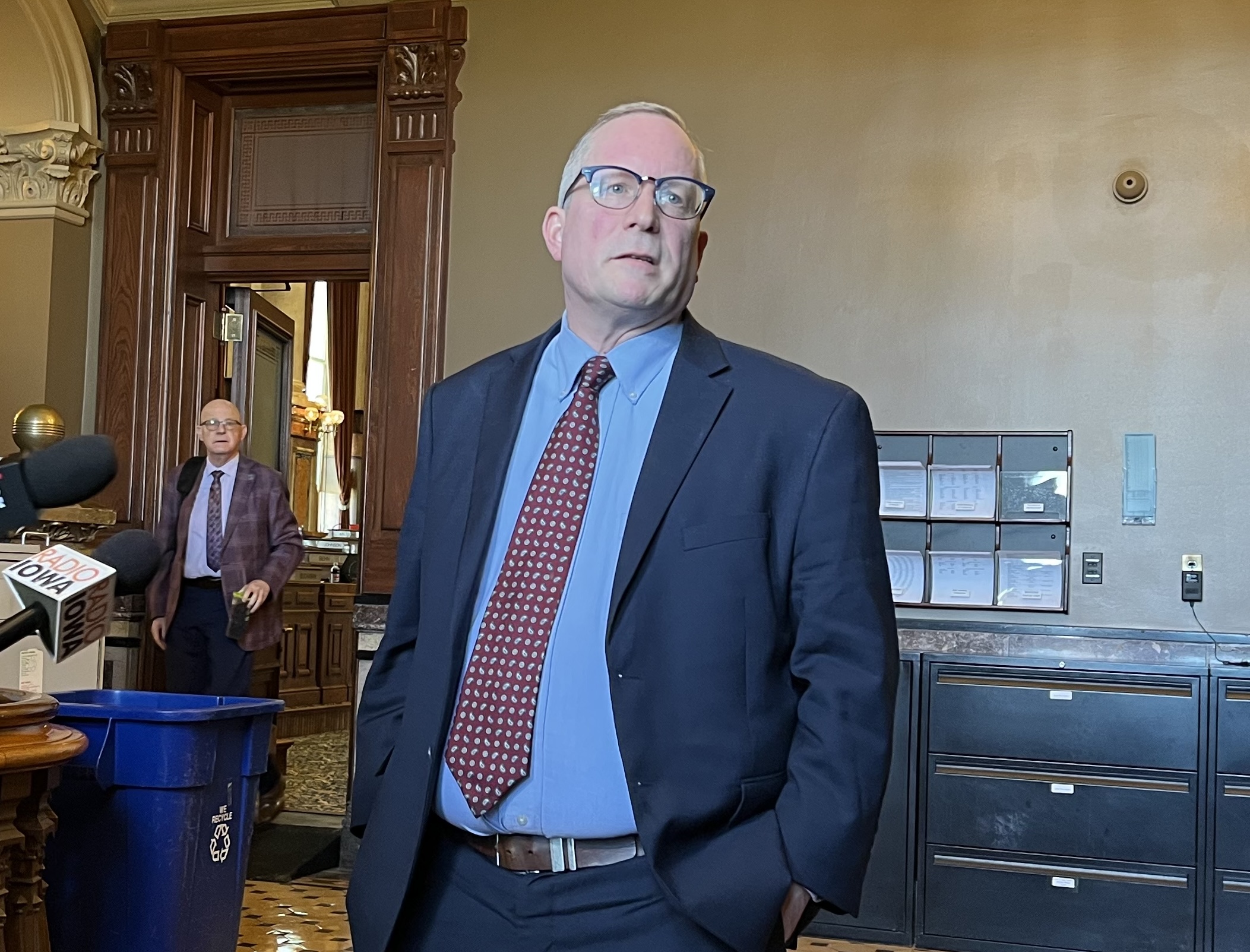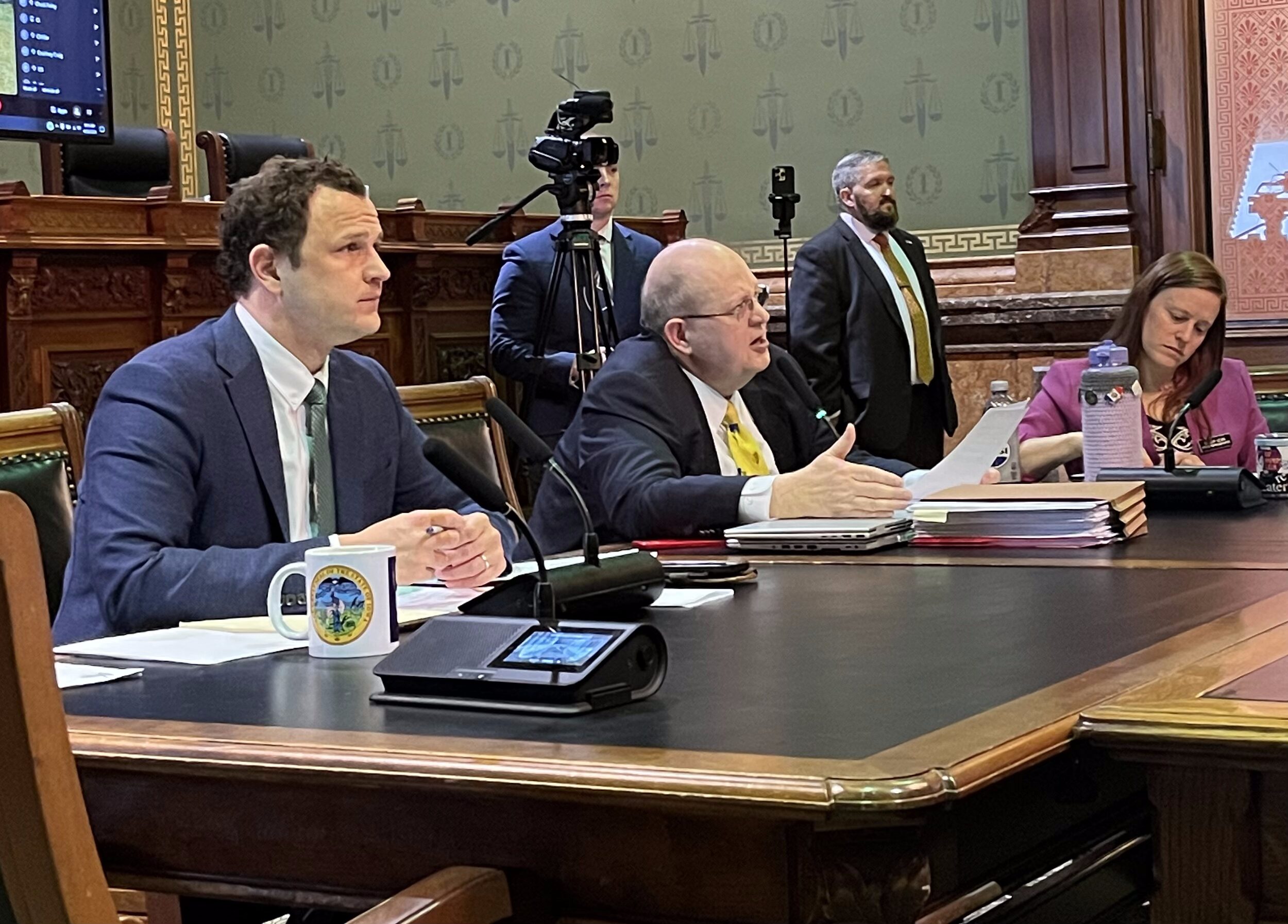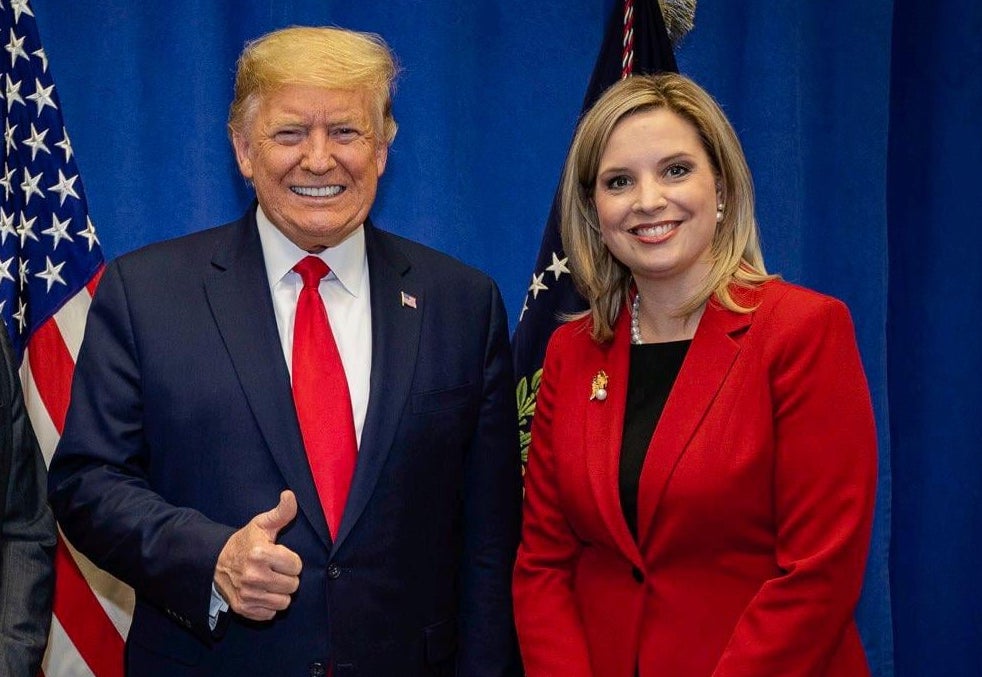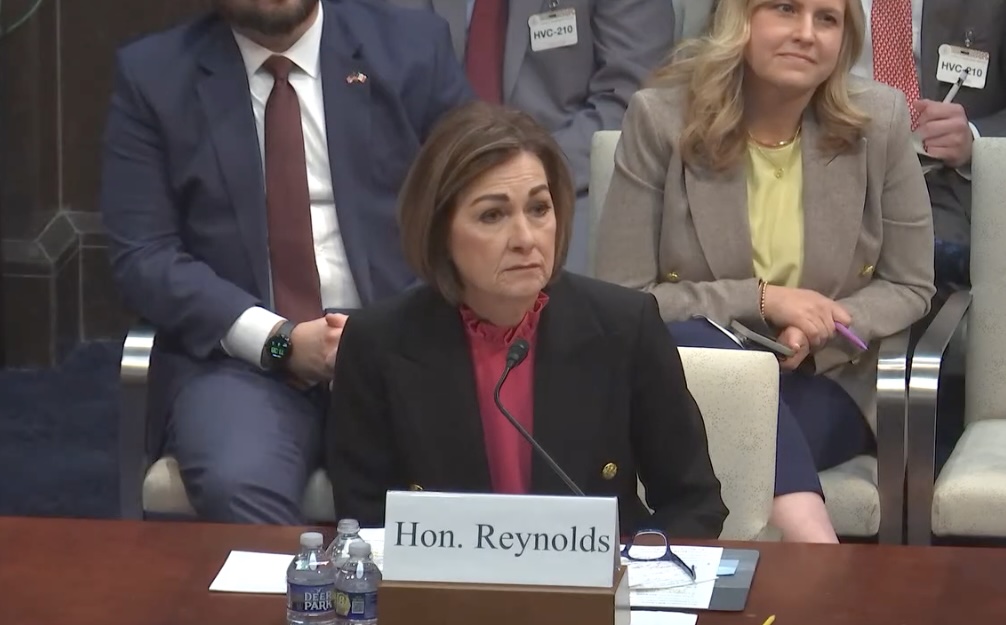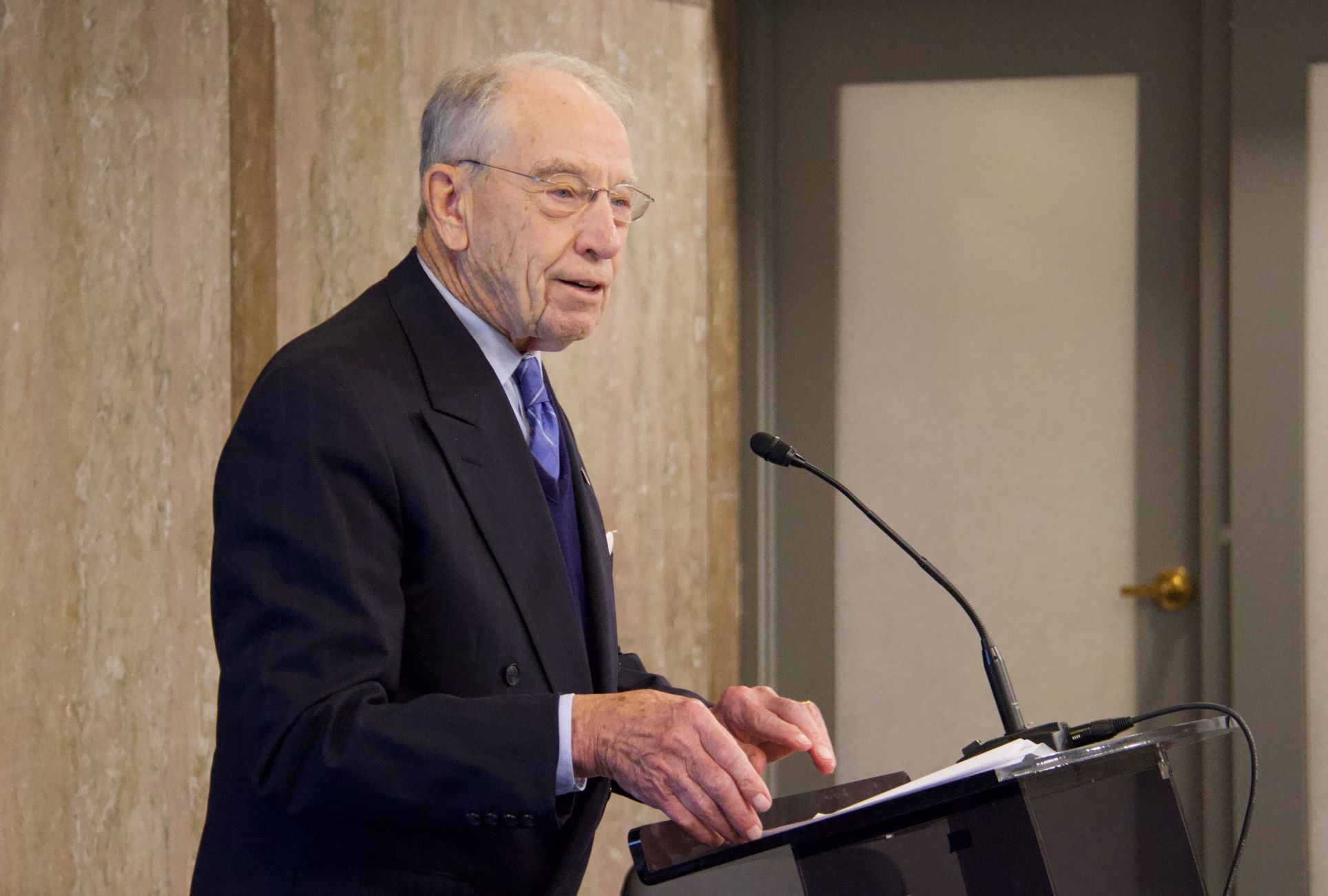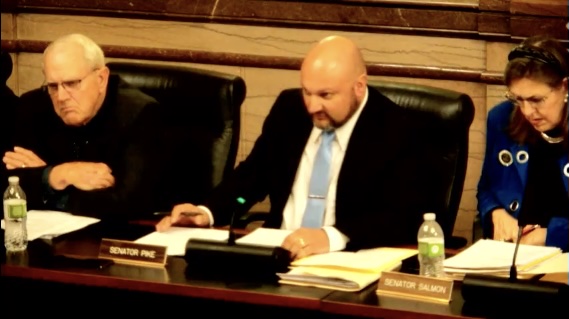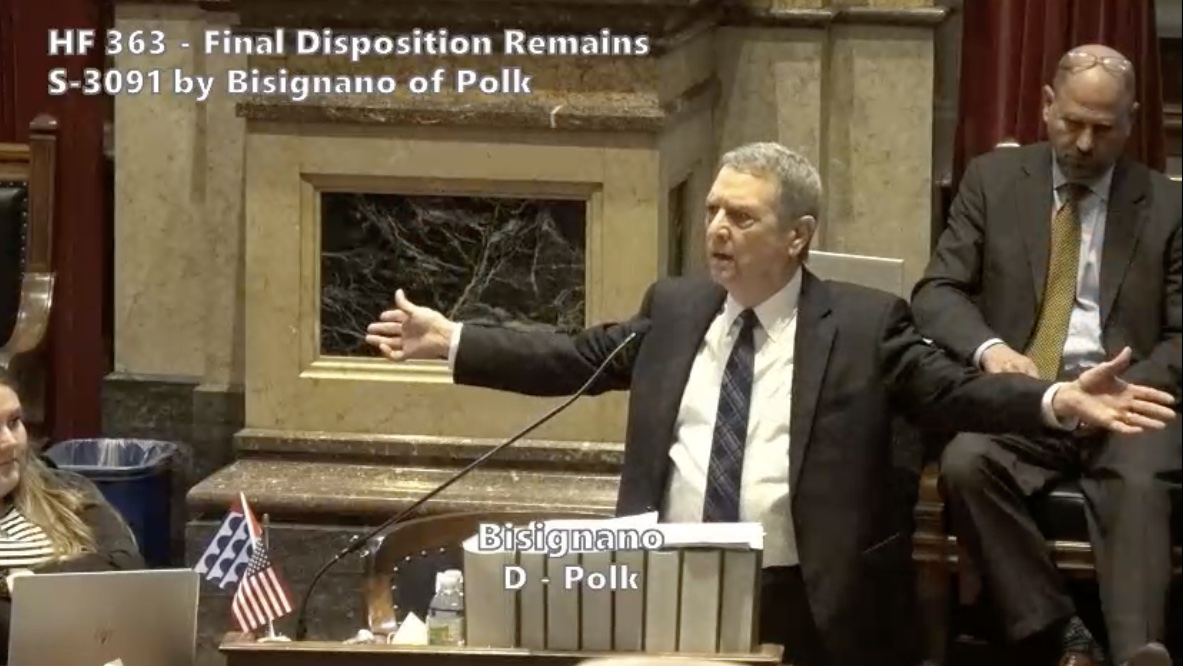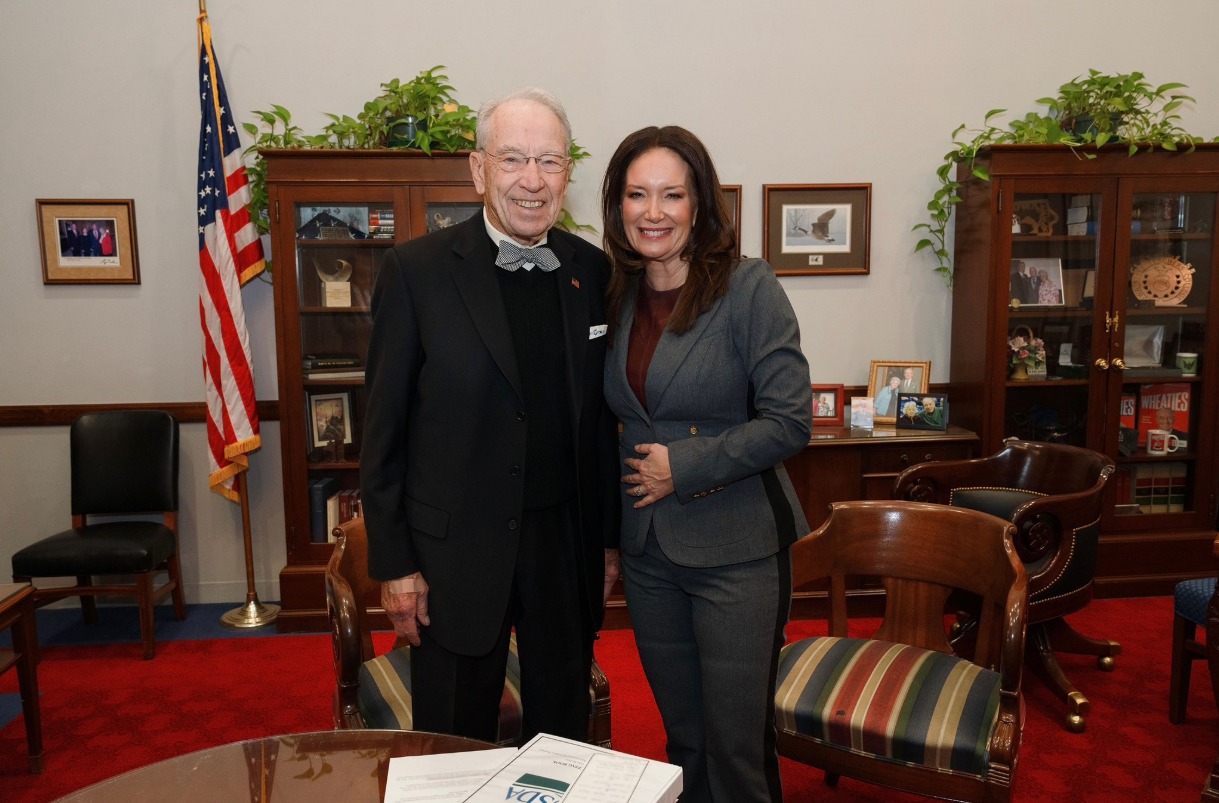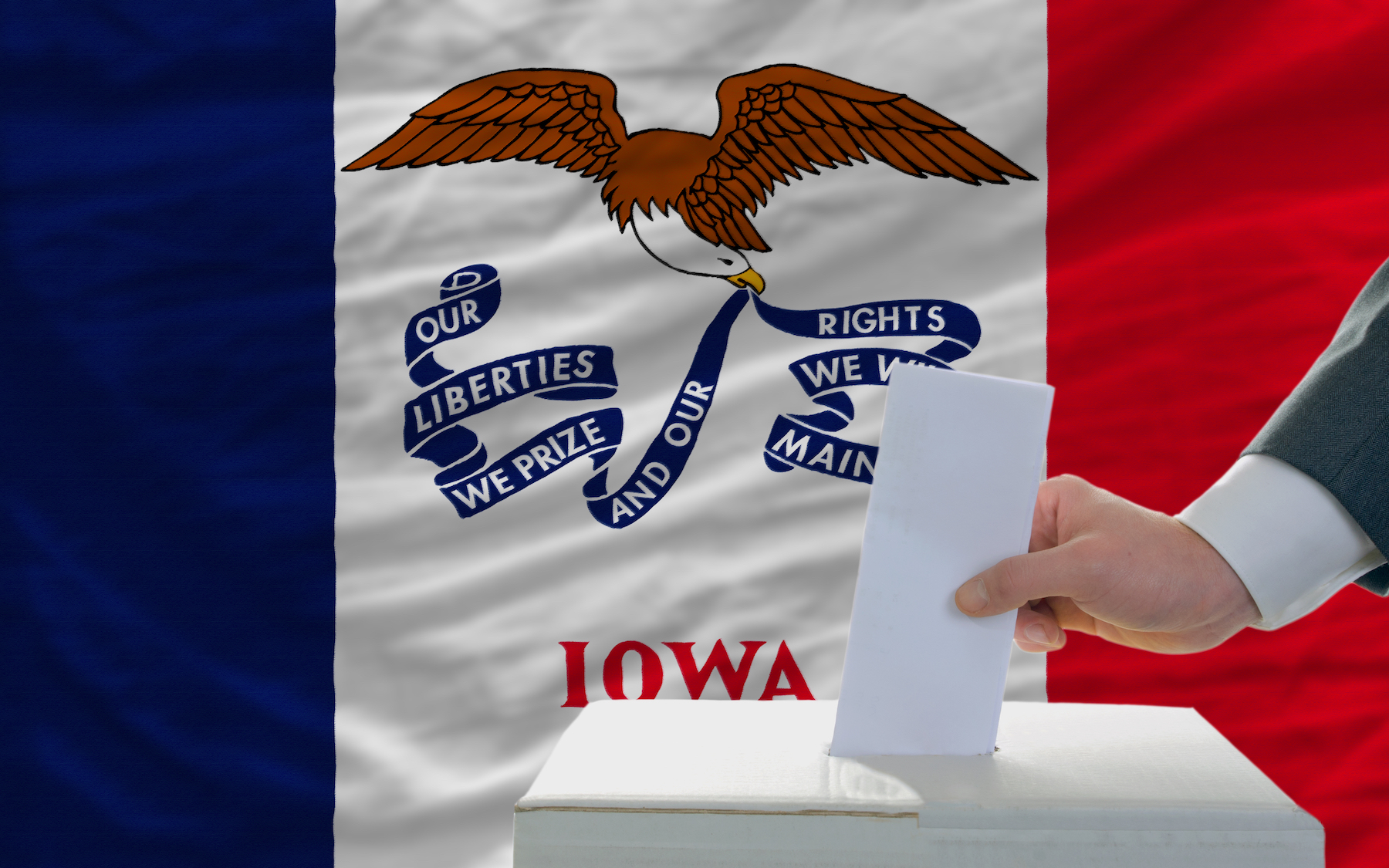Politico set off another round of speculation about U.S. Senator Joni Ernst’s future this week. Jordain Carney and Rachael Bade reported on July 10 that Ernst “is the next GOP senator on retirement watch,” with U.S. Representative Ashley Hinson (IA-02) “waiting in the wings” if the incumbent opts not to seek a third term.
Hinson brushed off the rumors, telling WHO Radio host Simon Conway she’s “100 percent on Team Joni” and hopes Ernst will run again. She added, “The DC media loves to obsess over things.” Notably, Hinson didn’t clarify whether she would run for Senate next year if the seat were open—nor did Conway ask her.
I’ve long believed Hinson is laying the groundwork to run for Senate as soon as Iowa has an open seat—presumably in 2028, when Senator Chuck Grassley’s eighth term will end.
So while I still expect Ernst to seek re-election, the latest coverage got me thinking: who would be the tougher opponent for the Democratic nominee in 2026? It’s usually harder to defeat an incumbent than to flip an open seat. But this race might be the exception that proves the rule.
Continue Reading...




